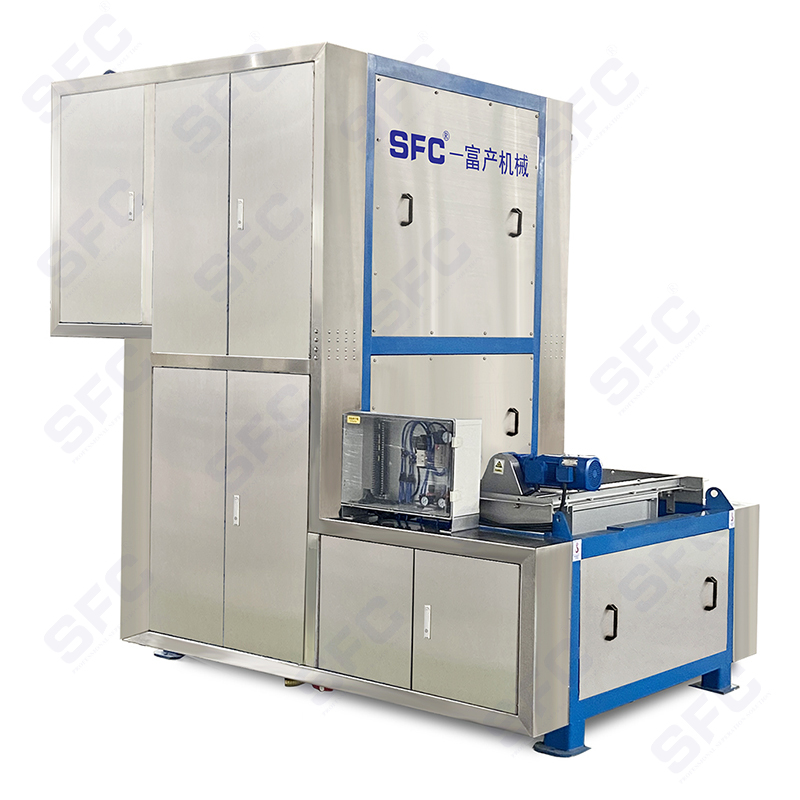Sludge Deep Dewatering Equipment: Enhancing Wastewater Treatment Efficiency
In wastewater treatment facilities, sludge management is one of the most pressing challenges. Sludge, a by-product of the wastewater treatment process, contains a large amount of water and organic material. Without proper handling, its disposal can pose significant environmental and operational issues. To tackle this, Sludge Deep Dewatering Equipment has emerged as an essential tool to reduce sludge volume and optimize the overall wastewater treatment process.
Deep dewatering equipment can reduce sludge volume by as much as 90%. This is crucial for industries and municipalities that face limited space for sludge storage or rely on expensive waste disposal services. By decreasing the volume, deep dewatering directly lowers handling and transportation costs.
By removing excess water, deep dewatering reduces the potential for leachate and contamination. The dried sludge cake is much less likely to spread pathogens, making it safer for disposal or further processing. Additionally, the reduction in sludge volume minimizes the need for landfills, aligning with global efforts to reduce environmental waste.
Deep-dewatered sludge can be repurposed as a resource in various industries. For example, some dried sludge can be used as biofuel, while others can be processed into compost for agricultural use. This supports a circular economy where waste is converted into valuable products.
Although deep dewatering systems can involve higher initial costs, they are highly efficient in the long run. With reduced disposal costs, less need for storage space, and potential for resource recovery, the overall operating cost of wastewater treatment plants can decrease over time.
Despite the numerous advantages, there are challenges associated with deep dewatering. One key consideration is the energy consumption of these machines, especially when operating at high speeds or under high pressure. Regular maintenance is also essential to keep the equipment running efficiently. Clogging, wear and tear on components, and ensuring the correct moisture content of the sludge cake all require careful monitoring.
Additionally, the choice of equipment must align with the specific characteristics of the sludge being treated. For instance, sludges with a high organic content might require different handling compared to those with higher inorganic or mineral content. Proper evaluation of sludge properties ensures that the correct deep dewatering technology is chosen.

Sludge Deep Dewatering Equipment plays a critical role in enhancing wastewater treatment processes. By reducing the moisture content of sludge to its lowest possible levels, these systems offer significant environmental, operational, and economic benefits. As industries and municipalities continue to seek more sustainable and cost-effective methods for sludge management, deep dewatering equipment will be a key player in driving progress towards more efficient, eco-friendly wastewater treatment solutions.
















 English
English Español
Español
